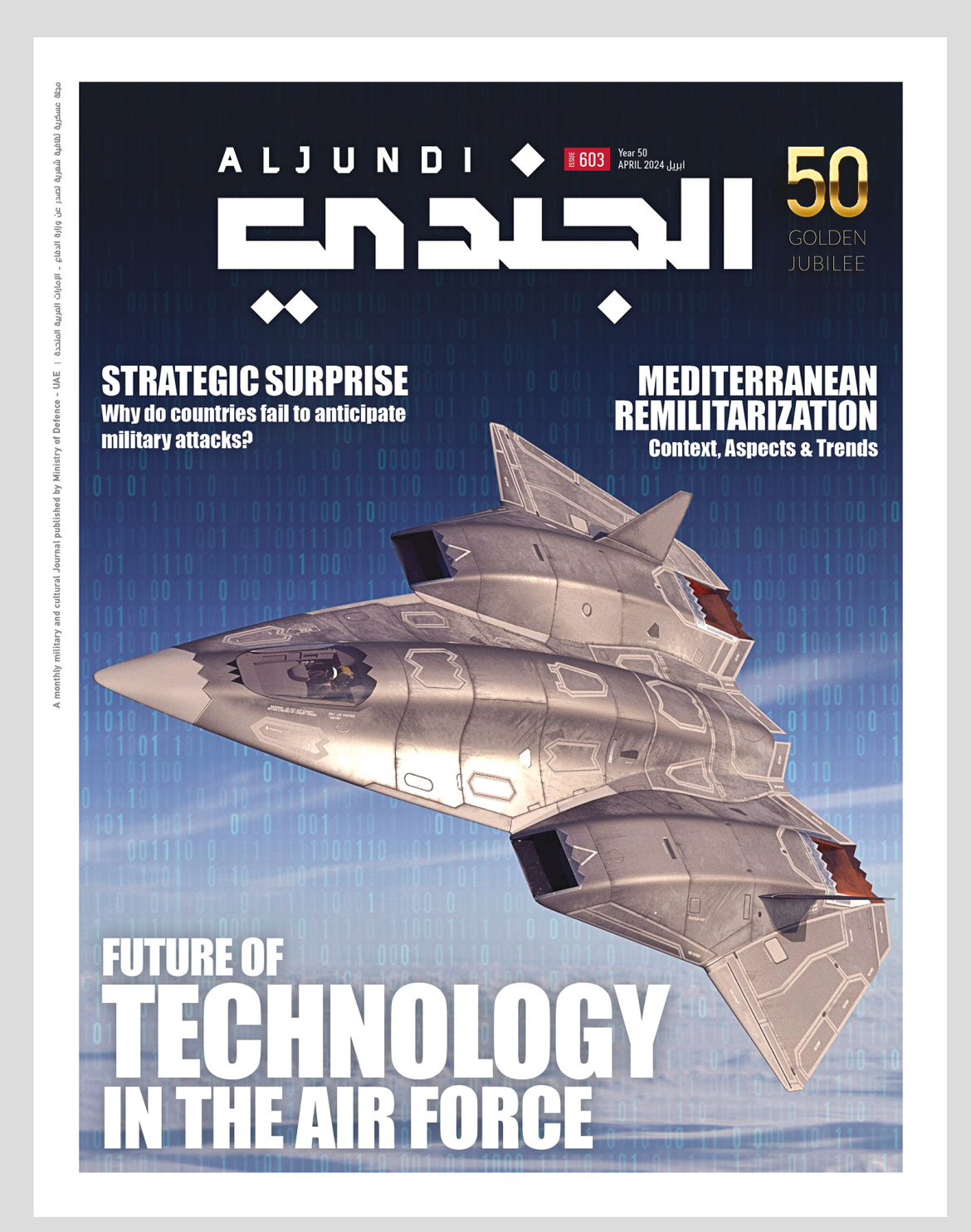In recent years, international and regional crises around the world have been getting more intense, causing many senior officials, media, observers and analysts around the world to use the phrase “ since World War II”.
For example, the repercussions of the Russian-Ukrainian war were confusing to the whole world, changing many political, economic and military concepts.
Furthermore, many countries had to revise their calculations, especially those related to armaments and defence, and countries around the world began arming themselves, each according to its capabilities and needs.
For the first time since World War II, Germany and Japan began arming their militaries, and German Chancellor Olaf Scholz announced that his country must become the best-equipped armed force in Europe and that it would build “the strongest conventional army in Europe”.
This German move has dangerous connotations, as it indicates that the international situation which lasted for decades, has changed.
On the other hand, Japan began accelerating its movement towards further strengthening its Self-Defense Forces in a rapid and qualitative manner, driven by the tragedies of its history of conflict with China, especially after the Chinese economic and military rise, as well as its threat to Taiwan.
Moreover, various observers attest that the unprecedented sanctions imposed on Russia after the Ukraine war had weak results, which sparked fears of Russia’s use of nuclear weapons, a move which President Biden said: “would change the entire face of the war, in a manner unseen since World War II”.
Since its invention, nuclear weapons have never been used in wars except once, when the United States struck Japan in World War II with atomic bombs, and experts agree that any further use of such weapons will cause an unprecedented arms race.
The rise of Chinese power in every international field threatens the absolute power the US enjoyed for decades, thus the US has been trying to balance its global retreat with the need to assert its power.
Furthermore, crises in Ukraine, Taiwan, Armenia, Southeast Asia and Central Asia all indicate a level of escalation in regional and international crises much higher than previously seen in past decades.
On a smaller scale, regional conflicts around the world are pushing towards the escalation of local military industrialization and the rise of the arms market, albeit of lower quality.
There are plenty of buyers and just as many ready sellers, which threaten to turn the world turns into a powder cage ready to explode at the slightest friction, as the international system that helped make world peace is now being threatened by the world’s superpowers.
With countries seeking to gain more power and others refusing to concede the peak of theirs, the world finds itself at a critical historical moment the likes of which we have not seen since World War II.







